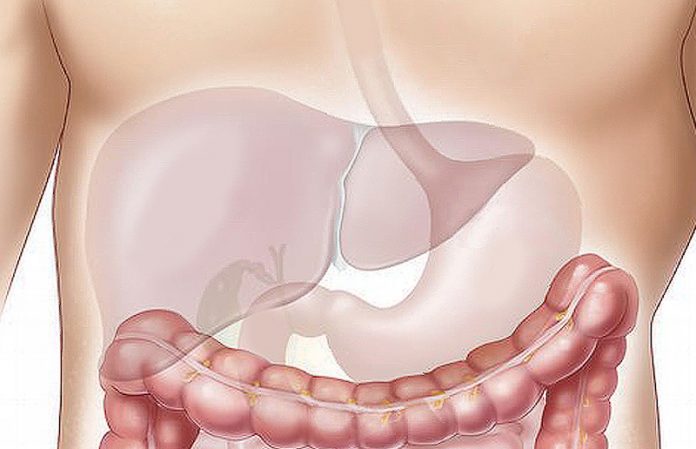
Scientists from Nanyang Technological University found why patients with non-alcoholic fatty liver disease (NAFLD) are at higher risk of heart disease.
They found that NAFLD prompts the over-production of a class of proteins that cause inflammation and damage to their blood vessels.
This helps explain why the leading cause of mortality in NAFLD patients is heart disease, not liver damage.
The research is published in EMBO Reports and was conducted by Christine Cheung et al.
NAFLD is a general term for liver diseases affecting patients who drink little to no alcohol.
It is mainly characterized by having too much fat stored in liver cells and can lead to liver cirrhosis and liver cancer.
The team found that the blood vessel cells of fatty liver disease patients contained higher levels of a class of proteins called chemokines—up to three times higher than in healthy individuals.
Chemokines are strong attractants of immune cells, and are tasked with drawing immune cells to sites of infections to combat foreign particles.
However, when abnormally high levels of immune cells are recruited into a blood vessel, it becomes harmful.
The researchers found that the higher level of chemokines in fatty liver disease patients was attracting T cells into blood vessel walls. These T cells then cause inflammation of blood vessels, damaging them.
Higher levels of damage and inflammation can lead to leakiness in the blood vessels, impairing blood vessels’ integrity over time and increasing the risk of blood clot formation.
Understanding how NAFLD affects heart health can help to inform clinical care for patients.
The research team found a higher level of blood vessel damage in NAFLD patients, which increases the risks of blood clots and heart diseases.
The team says the growing prevalence of fatty liver disease globally is a concern. These patients are at increased risk of developing vascular diseases, such as coronary artery disease and cerebrovascular disease.
The good news is that liver disease, at its early stages, is reversible.
If you care about fatty liver disease, please read studies that many adults have this dangerous liver disease but they don’t know it, and what you eat plays a big role in chronic liver disease, liver cancer.
For more information about liver health, please see recent studies about which drug are most toxic to the liver, and results showing that common diabetes drug may reverse liver inflammation.
Copyright © 2022 Knowridge Science Report. All rights reserved.



